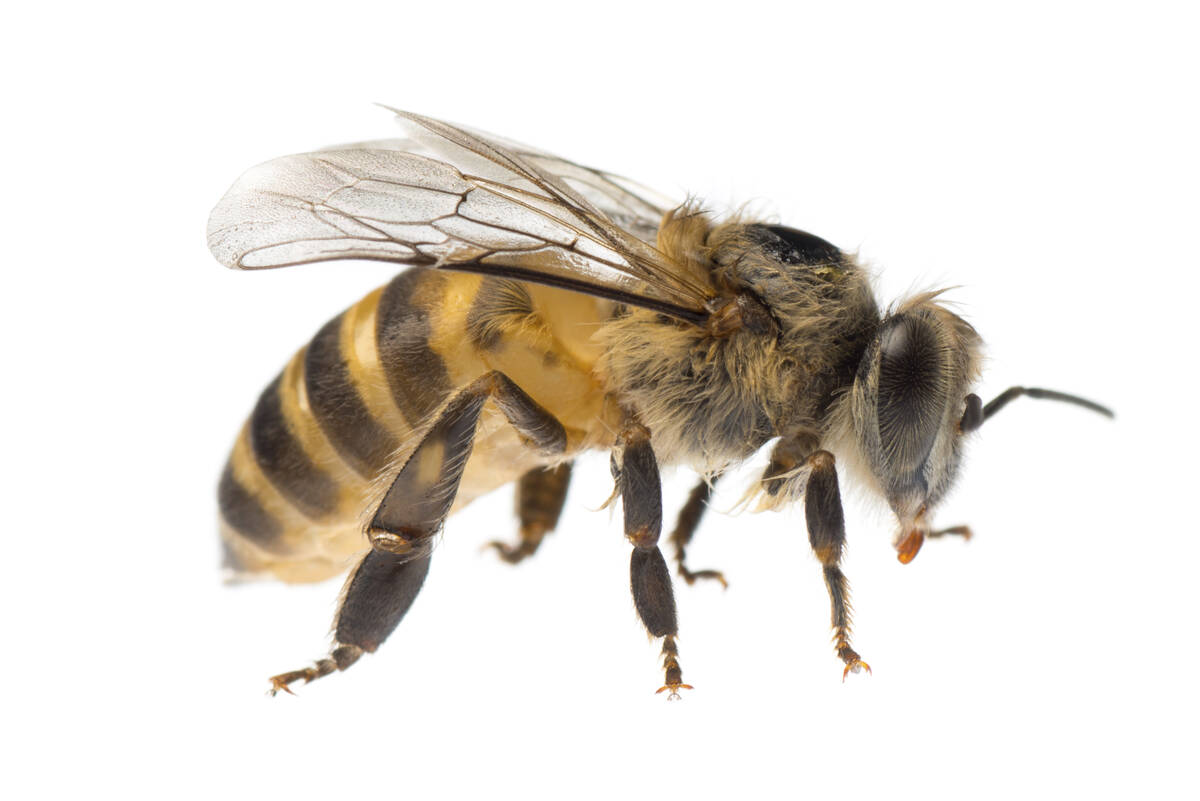EDITORIAL: A world where bees are fish
Riddle: When is a bee not a bee? Answer: When it’s a fish.
But that doesn’t make any sense, you might say. No it doesn’t. Talk to the judge.
Last week — in a sort of fish-out-of-water story — a California appeals court ruled that, under the state’s endangered species act, bees can be categorized as fish, making them eligible for special protection. This is judicial activism on steroids.
The case began in 2019 when environmentalist groups pushed to have four species of bumblebee listed under the California Endangered Species Act, which dates to 1970. This prompted “lawsuits from agricultural groups that were concerned about the costs of adherence to the new requirements,” reason.com reported.
Problem is, insects aren’t listed as a protected category under the state law, which names only “a native species or subspecies of a bird, mammal, fish, amphibian, reptile or plant.” But the California Fish and Game Commission dismissed that “technicality” and moved to protect the bumblebees anyway.
A lower court state judge sided with the farming interests, citing the clear wording of the law. But a unanimous three-judge state appeals court panel bought hook, line and sinker the argument put forth by commission attorneys, who claimed that nonaquatic invertebrates such as bees could be classified as “fish” because that’s how the Trinity bristle snail — a mollusk — was listed under the law in 1980.
“We generally give words their usual and ordinary meaning,” the opinion noted. “Where, however, the Legislature has provided a technical definition of a word, we construe the term of art in accordance with the technical meaning. In performing this function, we are tasked with liberally construing the Act to effectuate its remedial purpose.”
As Humpty Dumpty insisted, “When I use a word, it means just what I choose it to mean — neither more nor less.”
The judges also pointed out that state lawmakers in 2015 amended the law in question and made no effort to tighten up the definition of “fish.” Yet it should be noted that they also didn’t see fit to add “insect” as a protected category.
This is a textbook example of judges working backward to reach a desired result regardless of the legal issues. Protecting bumblebees may very well be a fine idea. But it should be done through an equitable mechanism that doesn’t leave landowners and farmers defenseless against the whims of activist judges who unilaterally decide that words have no actual definitions and can be construed to mean anything at all — in other words, they mean nothing.
Which begs the question: If a bee is a fish, is a fish a bee? If you’ve ever been stung by the latter, you know the answer.




























